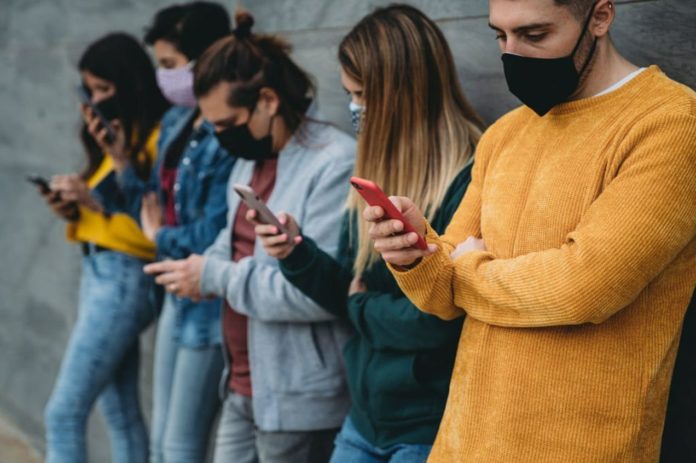COVID Misinformation: Who believes fake news more easily
Some of us are more susceptible to the Covid-19-related misinformation. A recent study from the United States exposes the traits of those who believe in fake news.
Misinformation about Covid-19 is widespread, and cancer patients who are currently being treated are more likely to be misled than those who have finished anti-cancer treatment or those who do not have cancer. These are the outcomes of a recent survey of 900 individuals in the United States, which was published in the journal Patient Education and Counseling.
What is the explanation given by specialists for people undertaking anti-cancer treatment being more vulnerable to fake news than those who have completed their treatment?
Dr. Jeanine Guidry, lead researcher and assistant professor at the University of Virginia’s Richard T. Robertson School of Media and Culture, provides some probable explanations: they “seek out more information on the internet or via social media where they are more exposed to misinformation.”
Furthermore, increased information retrieval may have an impact on cancer patients’ ability to digest information. Instead of considering the credibility of the information to which they are exposed, they may jump to fast conclusions.
“Increased information seeking may impact cancer patients’ information-processing abilities, making them more likely to use heuristics or cues, rather than more critical, central processing routes of assessing information credibility,” the authors wrote in their paper.
Additionally, the study discovered that cancer survivors who had successfully completed their treatment may have gained additional experience analyzing online data.
These are people who have previously gone through the arduous process of treatment and the hunt for reliable information and have come to the conclusion that what we read on the internet cannot be trusted.
They have learned from personal experience that they should seek the advice of their doctor as well as other professionals who are considered experts in the fields in which they are concerned.
Physicians and nursing personnel should examine the possibility of misinformation about Covid-19 in cancer patients who are being treated.
They also cited their previous study that found “parents of pediatric cancer patients were more likely to consider misinformation about COVID-19 as true compared to parents of children with no cancer history.”
“While neither of these groups were random population samples, and therefore the findings cannot be generalized, this is still concerning because these are both vulnerable groups, likely already under stress because of cancer diagnoses.”
Image Credit: Getty
You were reading: COVID Misinformation: Who believes fake news more easily
